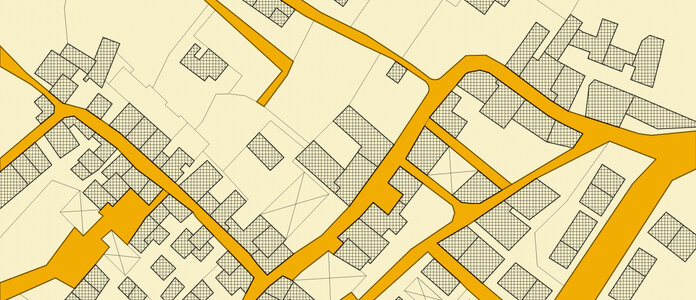Developing commercial property is often accompanied by an array of complex dynamics. One aspect that must be properly dealt with is the set of zoning laws that will govern the operation. Commercial zoning determines how land can be developed and used for business purposes. When zoning requirements are understood and followed, the development will not only avoid legal problems but will be free to become successful. Guidance from seasoned real estate lawyers is essential to zoning law compliance. LaFountain & Wollman P.C. is ready to serve your project.
The Basics of Zoning in Massachusetts
Massachusetts law permits cities and towns throughout the state to adopt ordinances and bylaws that regulate the use of land, structures, and buildings, including those for commercial use. Zoning laws govern myriad issues that affect the development of commercial property, including but not limited to:
- Where certain types of businesses can be located
- The business activities that are permitted on these commercial sites
- Dimensions and size limits for buildings, parking lots, and other physical attributes
- How close a building can be located from a road or other public land
- Restrictions on removing existing buildings in historically protected areas
- How close the commercial development can be to other zones (e.g. residential)
The objective is to maintain order and organization in commercial developments while protecting the general aesthetic appeal of a community. For instance, it would be undesirable to permit large commercial developments like car dealerships in the middle of residential neighborhoods, especially because of the negative externalities they may bring like heavy traffic and noise.
It should be emphasized that zoning laws are nearly always unique to the particular city or municipality in which the commercial developer wishes to build a project. This means it is vital to understand the local rules and regulations and never assume they will be interpreted the same way as in another location.
Appeals and Hearings
Cities and towns typically have officers whose jobs it is to enforce local land use rules and make sure buildings comply with zoning regulations. During periodic inspections an officer may determine that the commercial development violates a zoning law. The developer will then be informed what it needs to do to come into compliance with the rules.
If a commercial developer believes a zoning enforcement decision is incorrect, or it wants an exception to the regulation (known as a variance), it can appeal to the local zoning board of appeals. A hearing will be conducted before the board, whose members must make a decision on the request. It is imperative that a lawyer advise you because you will be expected to thoroughly understand the zoning laws and other applicable rules and present a strong case for your request.
Appeals hearings are open to the public, so members of the community may show up to voice their opinions on the matter. Particularly controversial commercial developments may see hundreds of citizens organize campaigns and show up in force to oppose the developer’s request. That makes it all the more important to retain legal counsel.
Consult A Dedicated Zoning Lawyer For Your Development
Regardless of the nature of your commercial development, you will benefit from knowledgeable legal counsel. Our firm can review your proposed project, instruct you as to the applicable zoning laws and other rules, and assist with any necessary appeal and hearing in your case. Call LaFountain & Wollman P.C. today to learn more.

